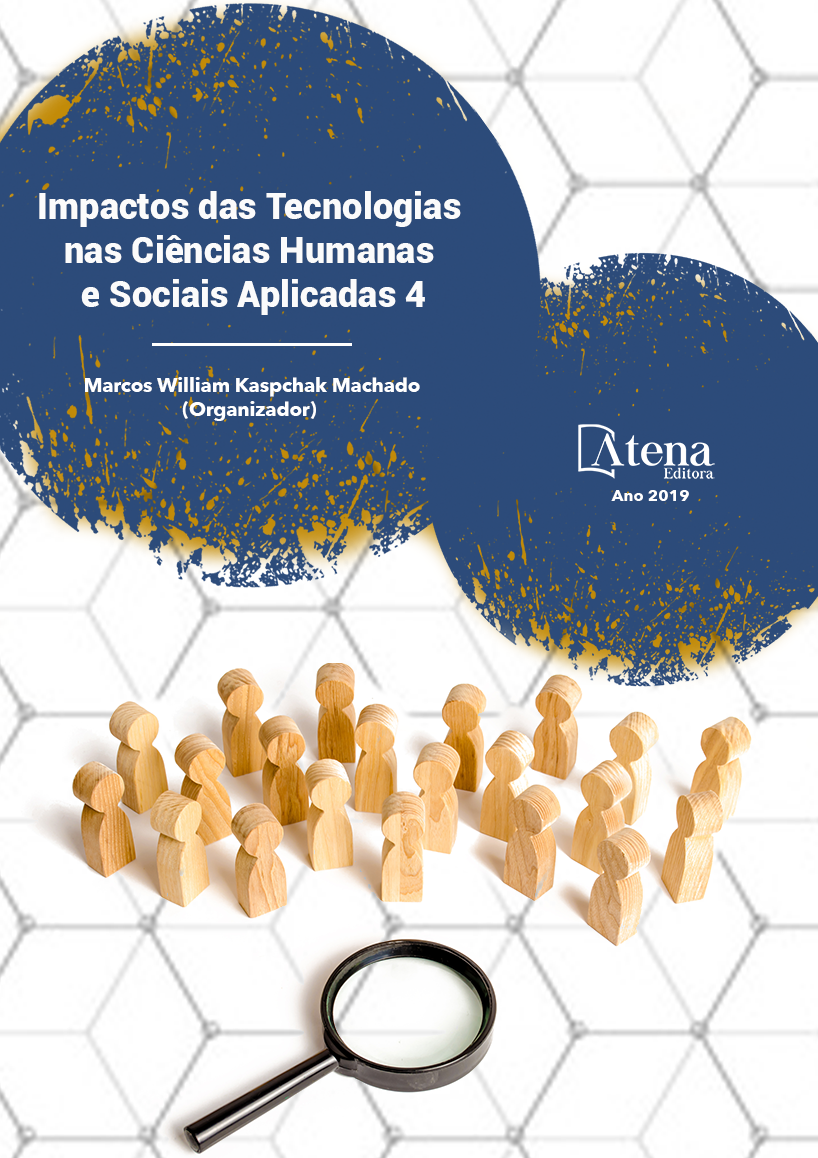
A LITERATURA COMO RESGATE DA CULTURA CEDRINA: HISTÓRIAS DE UMA COMUNIDADE QUILOMBOLA EM GOIÁS, BRASIL
O presente estudo trata do resultado
parcial de pesquisa multidisciplinar realizada na
Comunidade Quilombola do Cedro de Mineiros,
Goiás. Essa comunidade vem experimentando,
ao longo dos anos, um processo de aculturação,
perda de territórios e êxodo de seus jovens que
não conseguem se estabilizar no local por falta
de oportunidades. Esta pesquisa teve como
objetivo resgatar as histórias e conhecimentos
tradicionais como meio de propagação de sua
cultura e identidade e de preservar, por meio
de publicações, os valores essenciais da vida
comunitária e de sua sustentabilidade. Foi
realizada uma análise holística e dialética,
mediante pesquisa etnográfica e etnobotânica,
com perspectiva interdisciplinar. A pesquisa
etnográfica fornece uma estrutura para o estudo
dos significados de padrões e experiências
de um grupo cultural de forma holística. Por
sua vez, a pesquisa etnobotânica permite
conhecer a diversidade da comunidade vegetal
em questão, evidenciando as interações
entre as sociedades humanas e as plantas
como sistemas dinâmicos. A coleta de dados
se deu mediante observação e entrevistas
semiestruturadas que foram gravadas, filmadas,
transcritas e analisadas a fim de resgatar as
histórias que permeiam o imaginário coletivo
da comunidade. Os resultados revelam a
desestruturação do modo de vida dos cedrinos
e dos ambientes naturais dos quais dependem,
bem como a desagregação da comunidade em
função do processo de aculturação que tem se
evidenciado nos últimos tempos.
A LITERATURA COMO RESGATE DA CULTURA CEDRINA: HISTÓRIAS DE UMA COMUNIDADE QUILOMBOLA EM GOIÁS, BRASIL
-
DOI: 10.22533/at.ed.64019110331
-
Palavras-chave: Comunidade Quilombola do Cedro; Cultura; Identidade; Aculturação.
-
Keywords: Quilombola Community of Cedro; Culture; Identity; Acculturation.
-
Abstract:
The present study treats of the
partial result of a mutidisciplinary research
made in the Quilombola Community of Cedar
in Mineiros, Goiás. This community has
experienced an acculturation process, loss
of territory, exodus of its young people that
can not stabilise in the area because of the
lack of opportunities. This research had as
objective to rescue the histories and traditional
knowledge as the means of propagation of its culture and identity and to preserve, by
some publications, the values of the community life and its sustainability. A holistic and
dialectical analysis was carried out through ethnographic and ethnobotanical research
with an interdisciplinary perspective. The ethnographic research provides a structure
for the study of meanings and experiences of a cultural group in a holistic way. The
raising of knowledge about the medicinal plants used by the Cedar Community also
consists in the study of the applications and the uses of traditional vegetables by man.
The collection of data was carried out through some observations, semi-structured
interviews that were recorded, filmed, transcribed and analyzed in order to rescue the
histories wich were in the collective imaginary of the community. The results reveal the
disruption of the ways of life from the “cedrinos” and the natural environments on which
they depend, as well as the breakdown of the community in function of the process of
acculturation that has shown in the new generations of last times.
-
Número de páginas: 15
- Maria Luiza Batista Bretas
- Tatianne Silva Santos
- Tânia Regina Vieira


